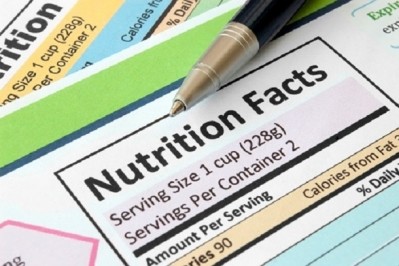Sodium reduction: The science, the technology... and the business case

As anyone trawling through the mountain of comments filed on the government's recent probe into sodium reduction approaches can see, many food manufacturers feel like they are stuck between a rock and a hard place on this issue.
They want to do the right thing, but for many firms, the business case just isn't there.
Mandatory targets or a voluntary approach?
So is the answer mandatory targets to force these firms to find more creative solutions to the problem, or should the government butt out and leave the industry to find its own way forward?
Not surprisingly, food manufacturers are arguing for a voluntary approach, while the American Heart Association say government intervention is the only way to drive the kind of meaningful, across-the-board reductions it insists are needed.
To muddy the waters further, other stakeholders are now challenging the prevailing hypothesis that cutting sodium – ideally to 1,500mg/day – can reduce the risk of cardiovascular disease, and say the government is not basing its decision-making on sound science.
FoodNavigator-USA’s special edition on sodium reduction explores all of these issues – but also provides examples of creative technical solutions developed by food ingredients suppliers and academics to help manufacturers reduce sodium without compromising on taste or functionality.
The challenges: Creating a business case for sodium reduction, and overcoming technical hurdles
- Can manufacturers afford to make products consumers don't want to buy? Click here.
- Will sodium reduction only work if there is a level playing field? Click here
- What does the IFT think? Click here.
- Does low sodium cheese sell? Click here
- Should we reduce sodium by stealth? Or shout about it on pack? Click here.
The opportunities: Sodium reduction solutions and research
- Could encapsulation allow bakers to slash salt by half? Click here.
- What are the sodium we don't perceive? Click here.
- How can natural flavor enhancers help? Click here.
- And what about naturally brewed soy sauce? Click here
- Are hollow salty balls the answer? Here's what Tate & Lyle thinks. Click here
The bigger picture
- The uncomfortable truth about Campbell Soup's salt 'u-turn'. Click here. And what do branding experts think? Click here.
- Where does the science really stand on the health benefits of population-wide sodium reduction targets? Click here for the American Heart Association's view and click here for the Salt Association's - rather different - take on it.
- So processed foods are the culprit... But what are processed foods? Click here.










